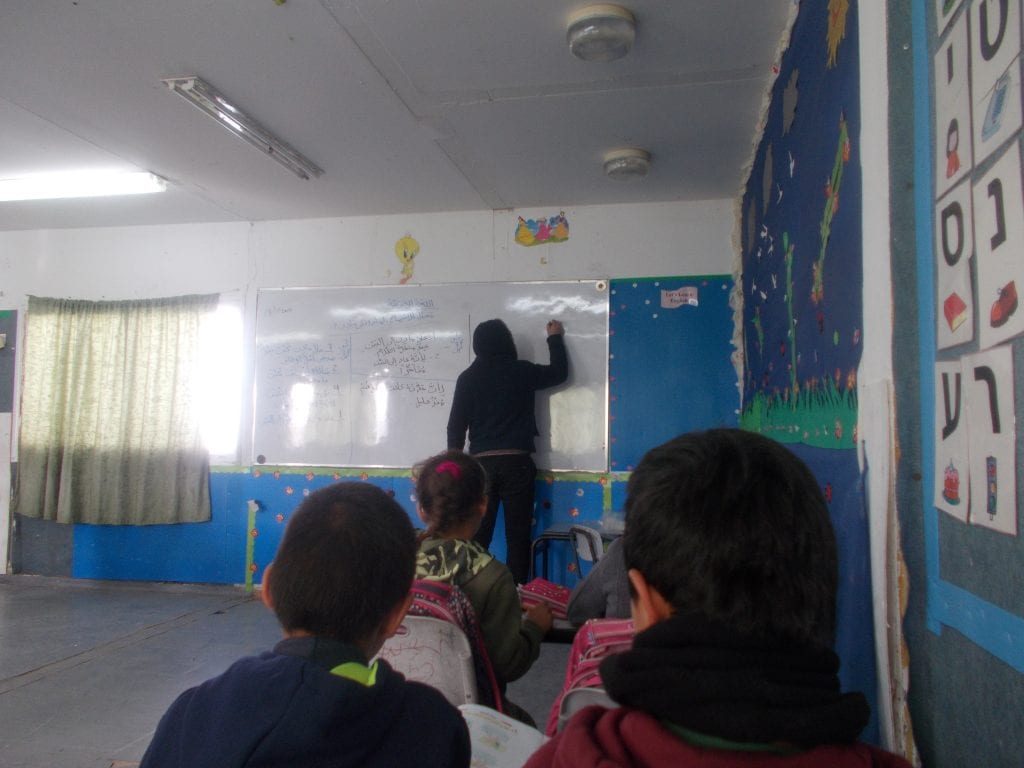
Negev Coexistence Forum for Civil Equality
פורום דו-קיום בנגב לשוויון אזרחי
منتدى التعايش السلمي في النقب من أجل المساواة المدنية
“The State in the Supreme Court’s verdict on remote learning: The poor are guilty for their own situation”
26.05.2020
In April, together with Adalah, the Regional Council for the Unrecognized Villages in the Negev (RCUV) and other representatives, we submitted a petition to the Supreme Court of Justice against the Ministry of Education, demanding that it remedy discrimination in the remote learning system.
Approximately 100,000 Bedouin students were denied access to education and their right to education was harmed during the crisis. Without Internet and electricity infrastructure, and the absence of cellular reception in most Bedouin villages, the recent period brought with it a fear of rising dropout rates and a deepening of the gaps that already existed since the establishment of the State of Israel.
But while the Jewish education system returns to full function, the education system in Bedouin localities is in halt and most children remain in their homes, without access to the remote learning system. On May 20, 2020, the Supreme Court rejected our petition, despite the fact that thousands of children in the Bedouin villages had not yet returned to school. The state, for its part, completely renounced its responsibility to provide equal education to all its citizens, placing the blame on Bedouin citizens who “chose” to live in the unrecognized villages and “chose” to be poor.
(The quote is taken from an article in Hebrew by Gil Gretel, published in Local Conversations on the 21st of May 2020).

Photo by: Nāʾil ʾAbū al-Qiʿān, ʿAtīr, December 2016.

 Youtube
Youtube
 Twitter
Twitter
 Facebook
Facebook